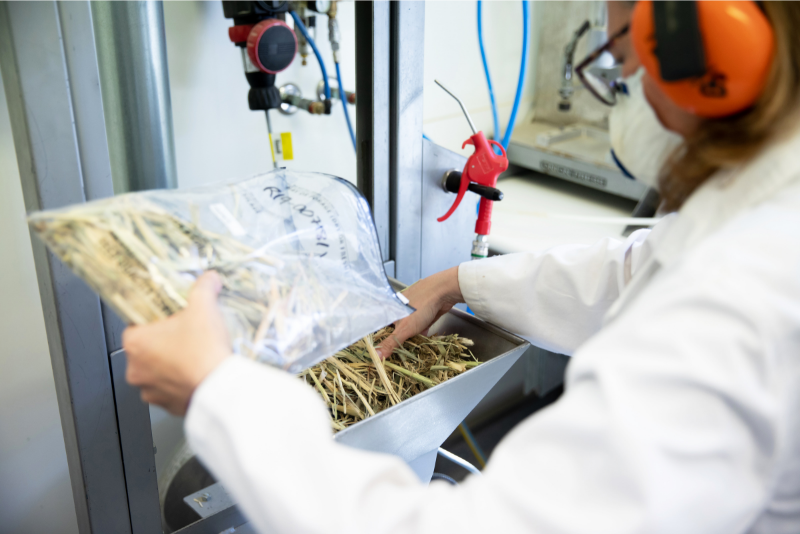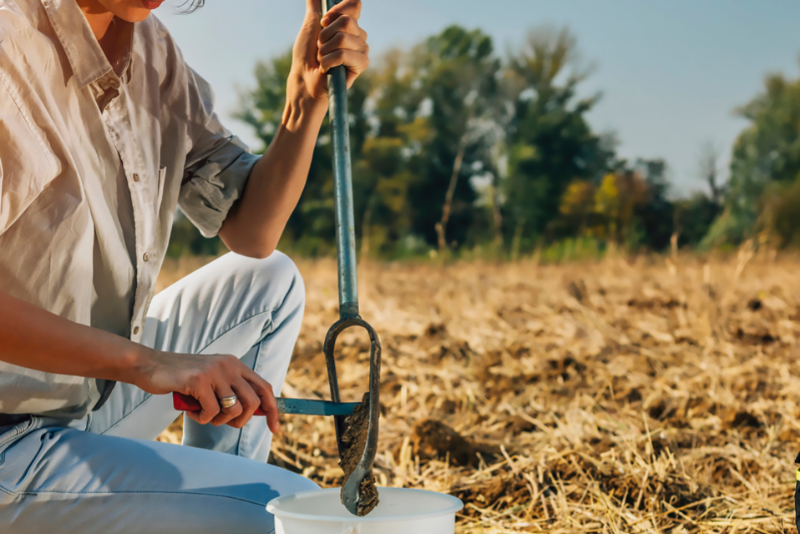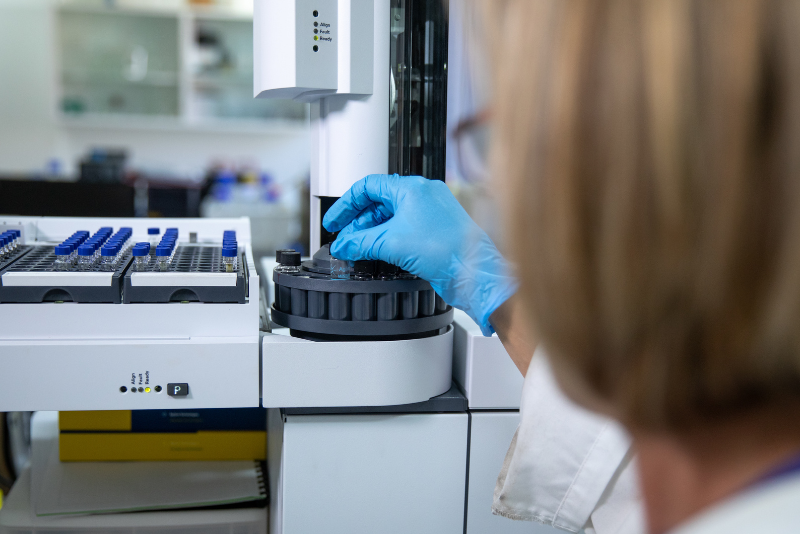
Water quality
Understand the quality of water to ensure its suitability for livestock, irrigation, general on-farm and domestic use.
In our industry leading laboratory, our world-class scientists employ accredited testing techniques, systems and technologies to deliver independent, quality assured data on the condition of a particular body of water. Water quality testing can determine if water sources will encrust or corrode irrigation equipment, highlight plant and animal nutrient problems, identify the suitability of irrigation water for fertiliser application or indicate the levels of effluent in irrigation water.
Why should I test my water?
Water quality can affect plants, soils, livestock, irrigation equipment, domestic use and general farm activities. Farm water comes from a number of different sources and so its quality varies.
Knowing your water quality allows you to plan for water treatments to avoid problems caused by poor water quality. It is important to identify and correct water quality problems that may affect on-farm use and productivity.
Chemical changes cannot be detected by eye or smell and require chemical analysis to be detected.
If you have any doubts about the quality of water you intend to use for irrigation, stock, human consumption or other domestic
purpose, you should get it tested.
When and how often should I have my water tested?
Water quality does not stay constant therefore it is recommended that water is tested before use and sometimes during use. It can vary from season to season and needs to be monitored regularly. Regular monitoring allows you to take remedial action before too much damage occurs or there is a loss of production. Depending on the intended use of the water, the frequency of testing required will vary.
Remove the guesswork, discover below how our water quality testing can assist you to enhance the productive performance of your natural resources.







